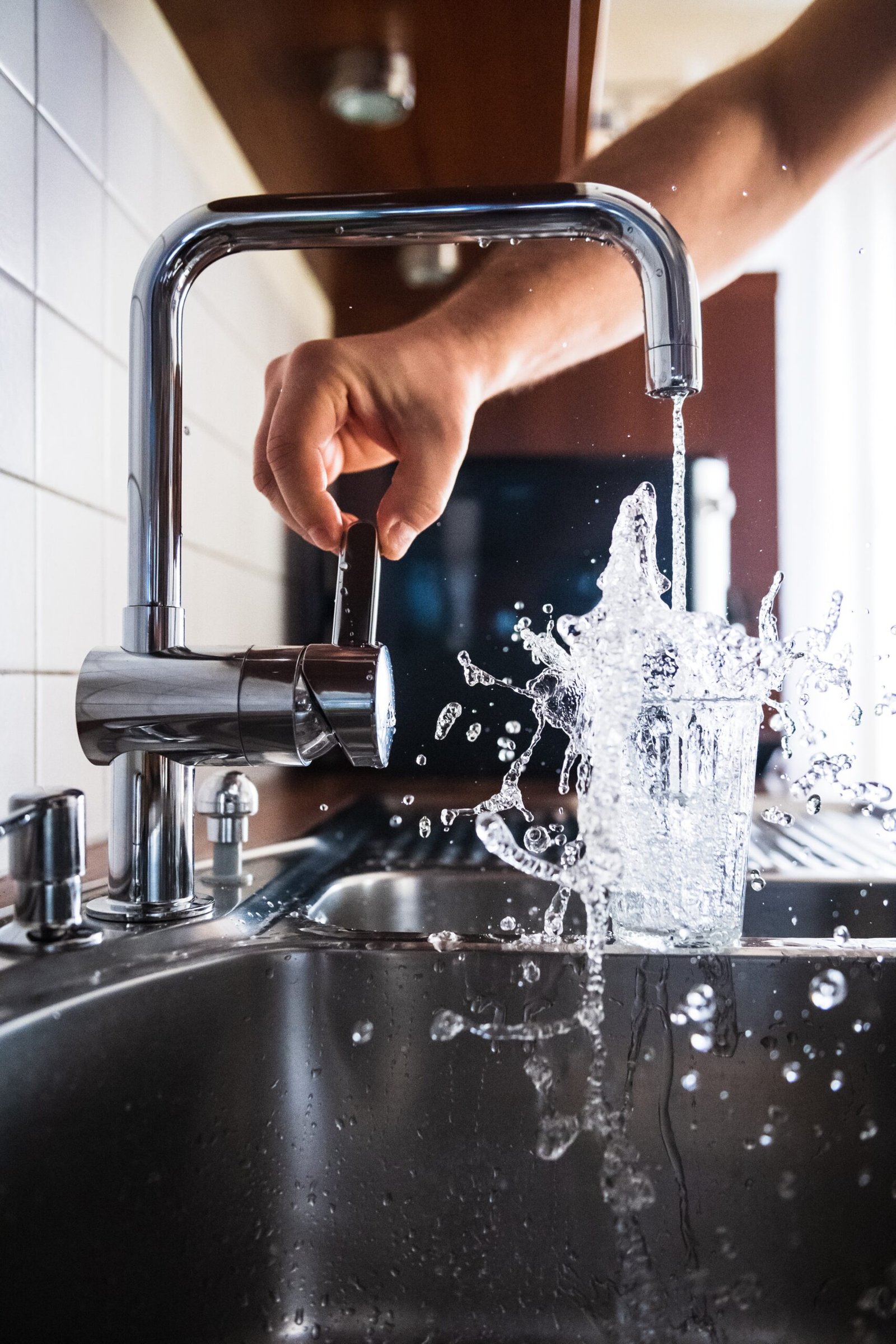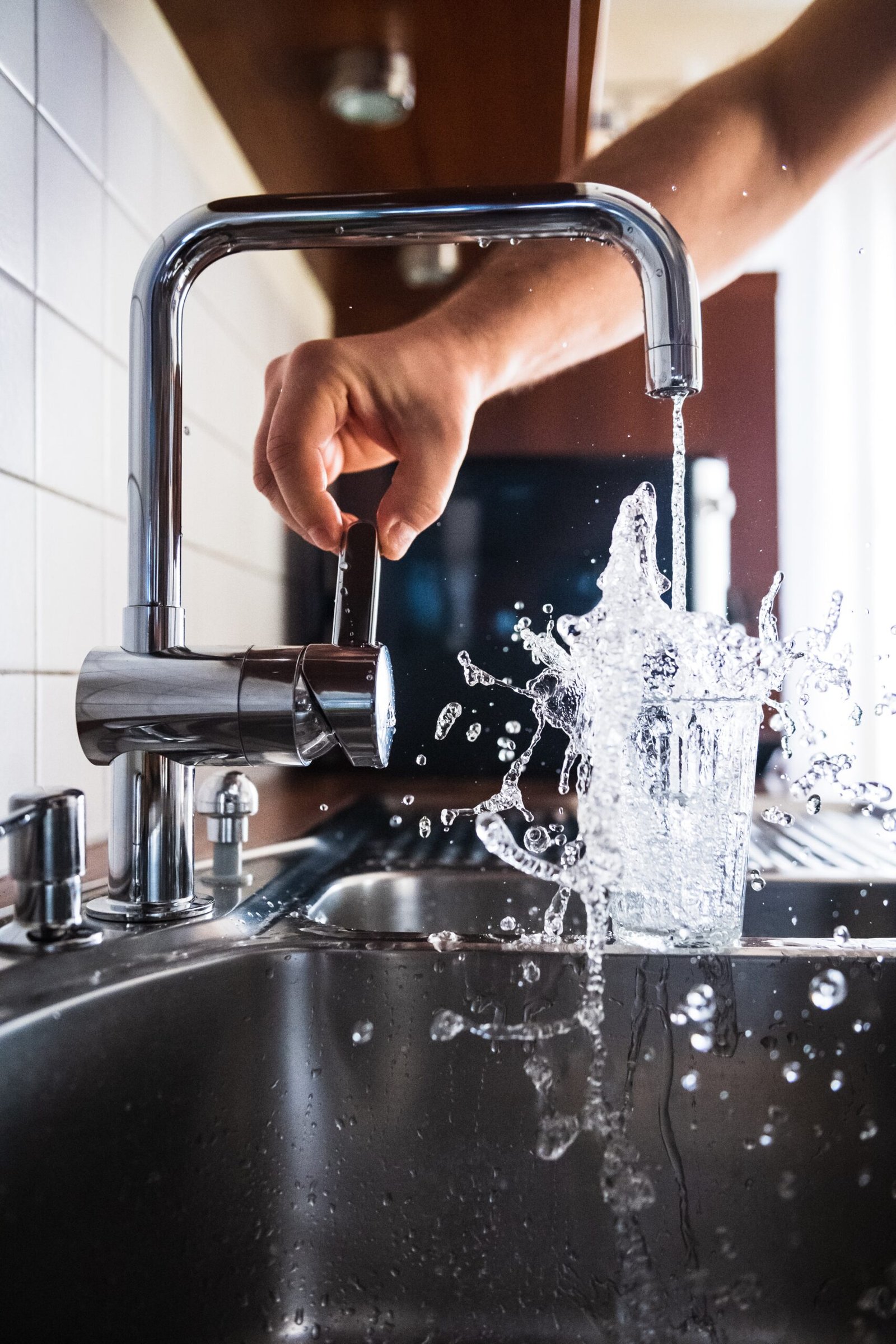Introduction
Welcome to our comprehensive guide on understanding your home’s heating system. Whether you’re a new homeowner or simply looking to learn more about how your heating system works, this guide will provide you with all the information you need to know. We’ll cover the different types of heating systems, how they work, and some tips for maintaining and optimizing your system’s efficiency.
Types of Heating Systems
There are several types of heating systems commonly found in homes today. The most popular ones include:
- Furnaces: Furnaces are the most common type of heating system. They use natural gas, propane, or oil to heat air, which is then distributed throughout your home via ductwork.
- Boilers: Boilers use hot water or steam to heat your home. The hot water or steam is circulated through pipes and radiators, providing warmth to each room.
- Heat Pumps: Heat pumps are a versatile option that can both heat and cool your home. They work by transferring heat from the outside air or ground into your home.
- Electric Heating: Electric heating systems use electricity to generate heat. They can be standalone units, such as baseboard heaters, or integrated into other systems, like electric furnaces.
How Heating Systems Work
Regardless of the type of heating system you have, they all work on the same basic principle: converting fuel or energy into heat. Let’s take a closer look at how each type of heating system operates:
Furnaces
Furnaces use burners to ignite fuel, such as natural gas or oil. The heat produced from the burning fuel warms up the air, which is then blown through the ductwork and distributed throughout your home via vents or registers. The temperature is regulated by a thermostat, allowing you to set the desired level of warmth.
Boilers
Boilers heat water or produce steam, which is then circulated through pipes to radiators or baseboard heaters. As the hot water or steam flows through the radiators, it releases heat into the surrounding air, warming up your home. The cooled water or condensation returns to the boiler to be reheated, creating a continuous cycle.
Heat Pumps
Heat pumps work by transferring heat from one place to another using refrigerant. In heating mode, the heat pump extracts heat from the outside air or ground and transfers it into your home. This process is reversed in cooling mode, where heat is removed from your home and released outside. Heat pumps are highly efficient and can provide both heating and cooling, making them a popular choice for many homeowners.
Electric Heating
Electric heating systems use electrical resistance to generate heat. When electricity flows through a heating element, such as a coil or baseboard heater, it produces heat. This heat is then radiated into the room, providing warmth. Electric heating systems are easy to install and can be controlled individually, allowing for precise temperature adjustments.
Maintaining and Optimizing Your Heating System
To keep your heating system running smoothly and efficiently, regular maintenance is essential. Here are some tips to help you maintain and optimize your system:
- Regularly clean or replace air filters: Clogged air filters can restrict airflow and reduce your system’s efficiency. Clean or replace air filters every 1-3 months to ensure proper airflow.
- Schedule professional maintenance: A professional HVAC technician can inspect and tune up your heating system annually. Regular maintenance can help identify and fix any potential issues before they become major problems.
- Seal air leaks: Inspect your home for air leaks around windows, doors, and ductwork. Sealing these leaks will prevent warm air from escaping and cold air from entering your home, improving energy efficiency.
- Upgrade to a programmable thermostat: A programmable thermostat allows you to set different temperature settings throughout the day, saving energy when you’re away from home or sleeping.
- Consider insulation: Adequate insulation in your home can help retain heat and reduce energy loss. Insulate your walls, attic, and basement to improve energy efficiency.
Conclusion
Understanding your home’s heating system is crucial for maintaining comfort and efficiency. By familiarizing yourself with the different types of heating systems and their operation, you can make informed decisions about maintenance and optimization. Remember to schedule regular maintenance and implement energy-saving practices to keep your heating system running smoothly for years to come.



